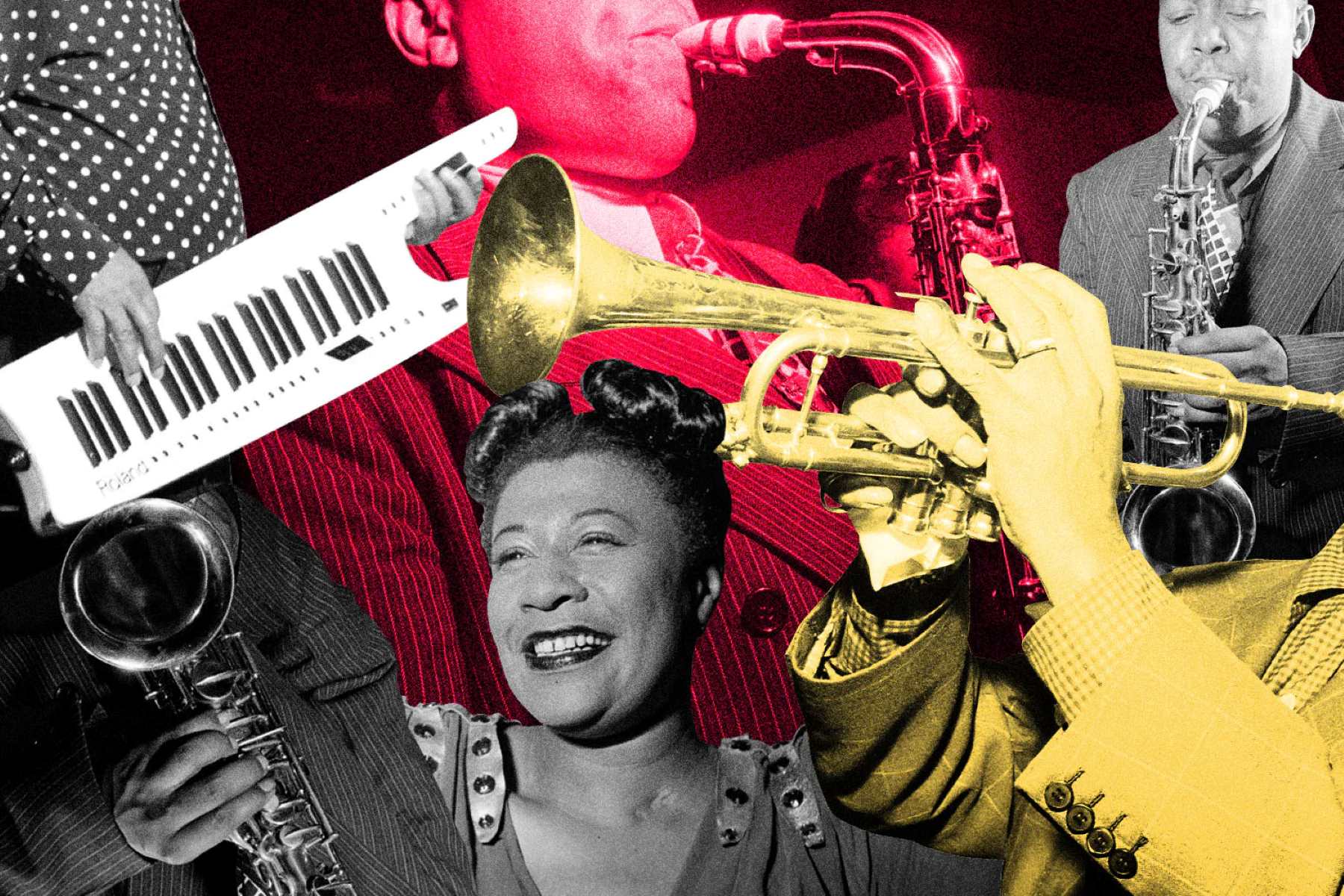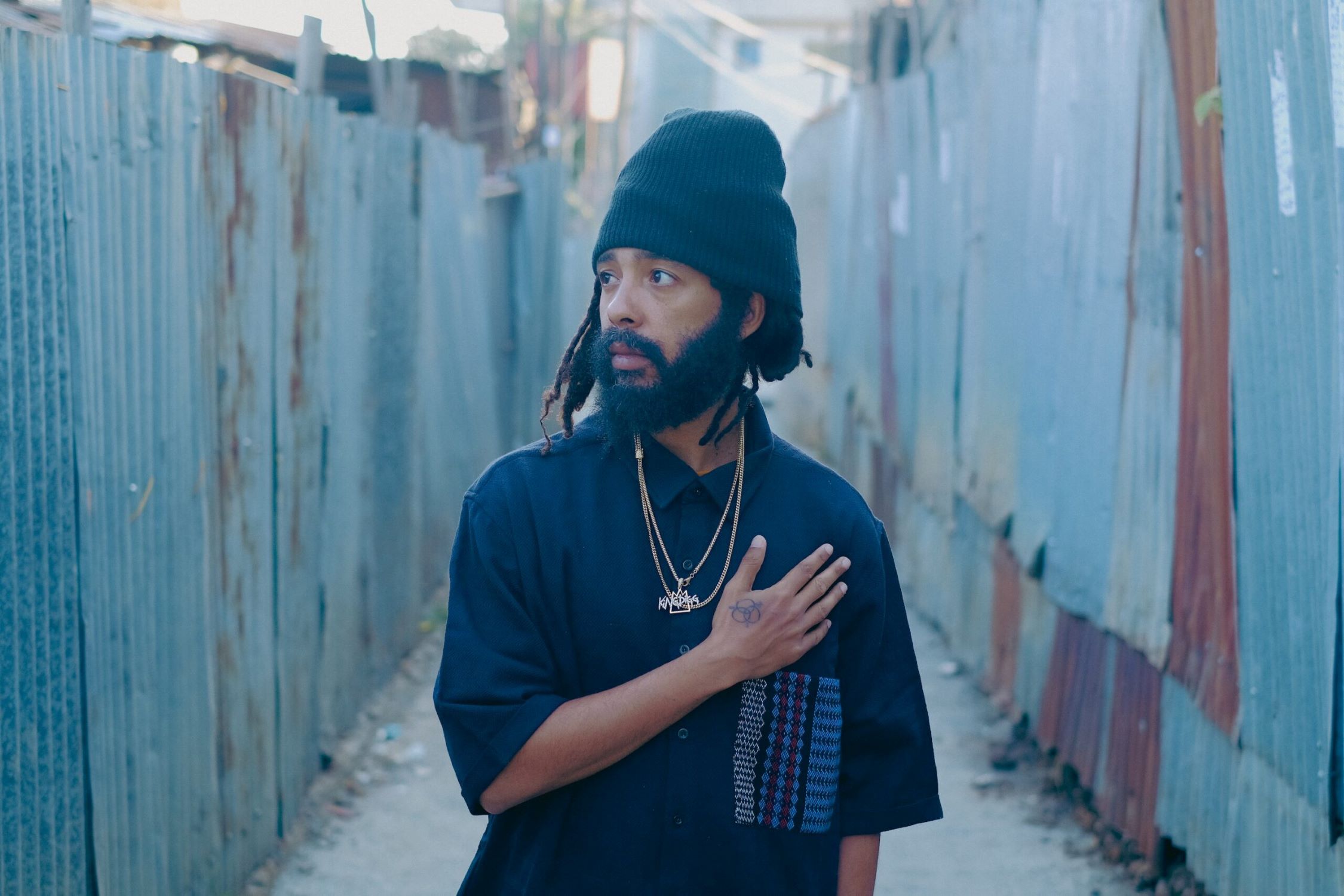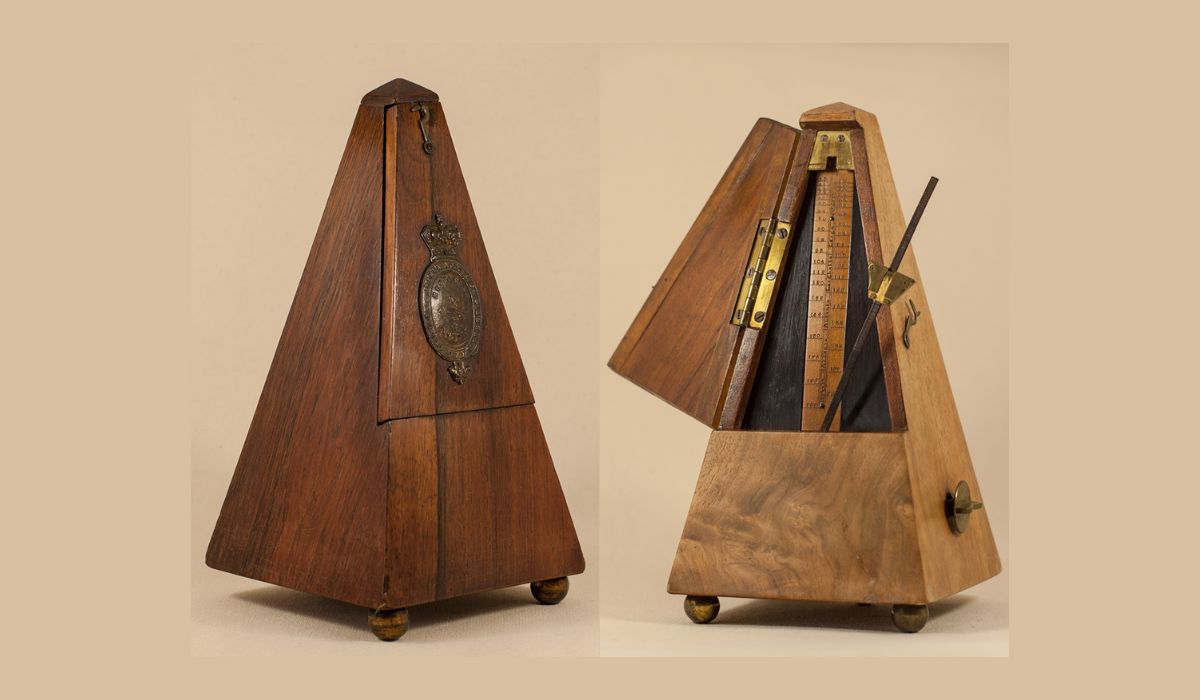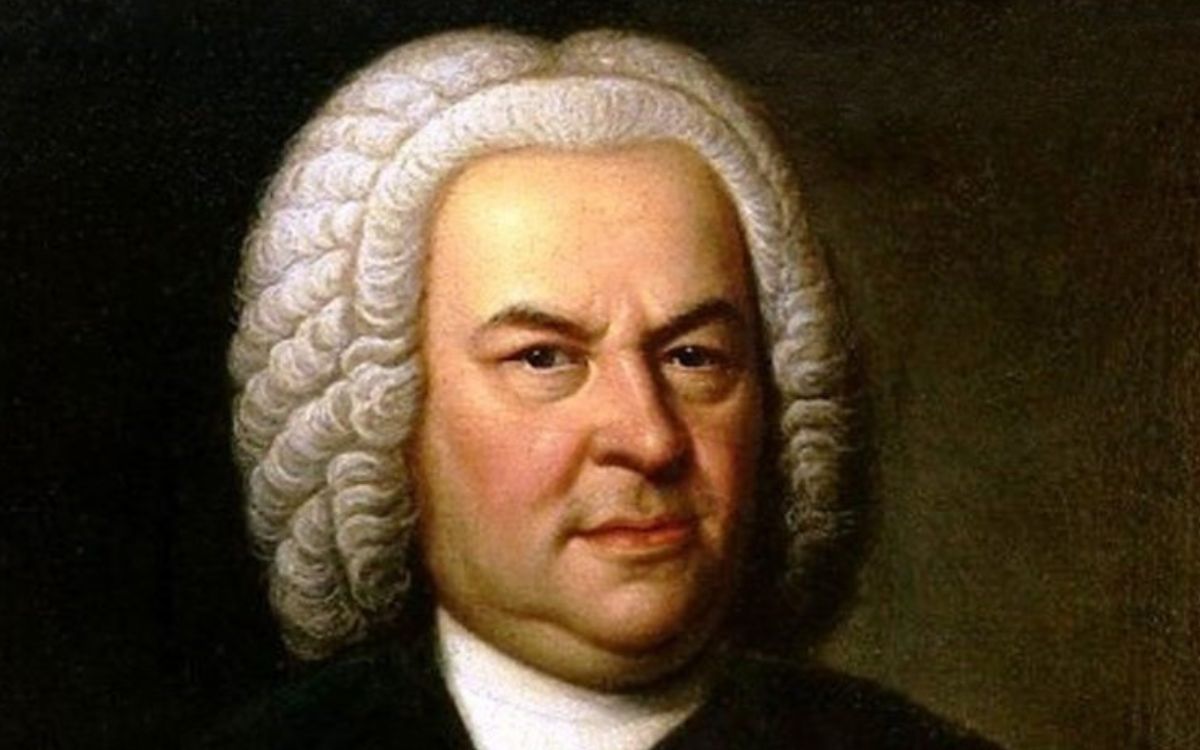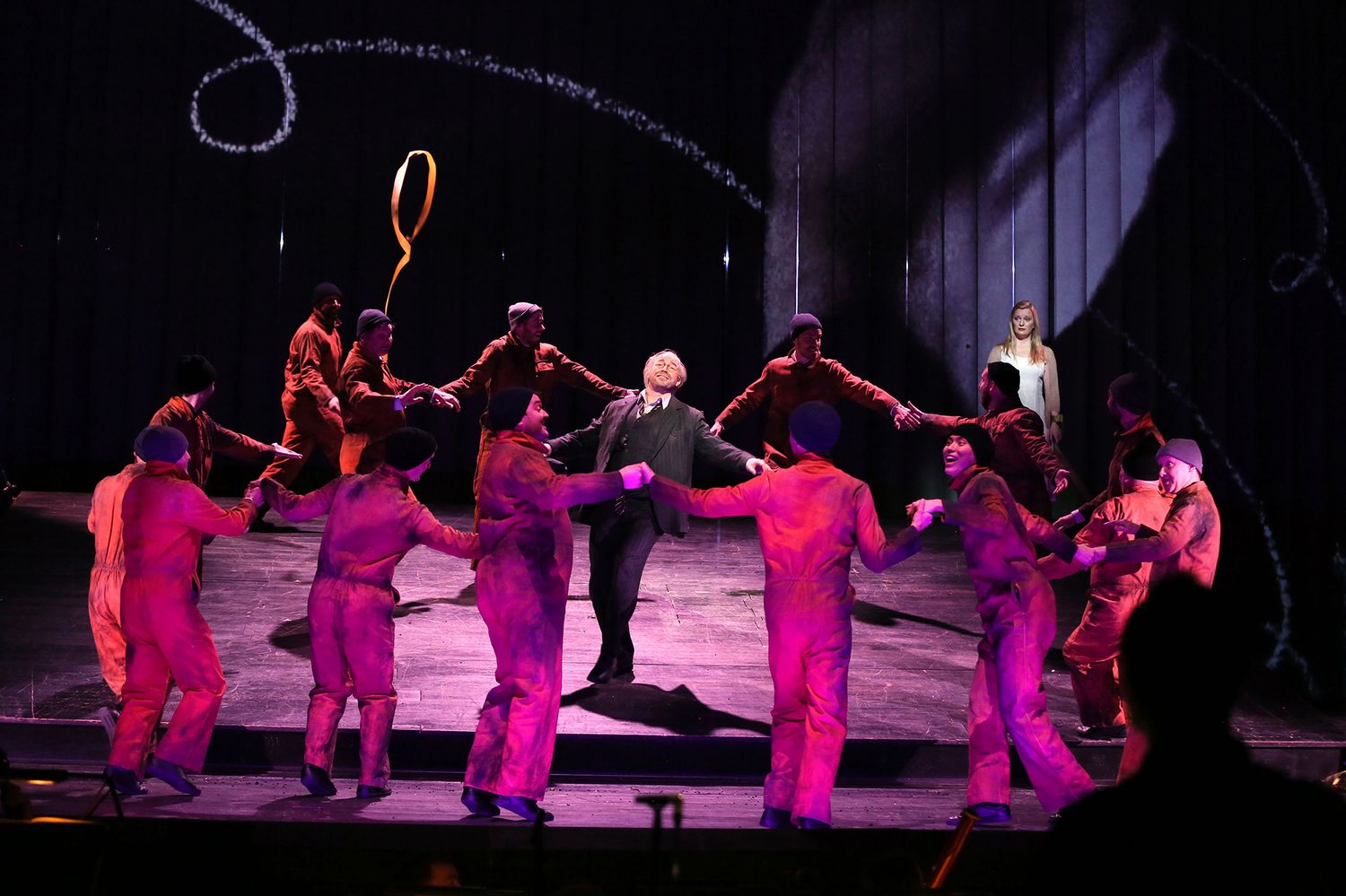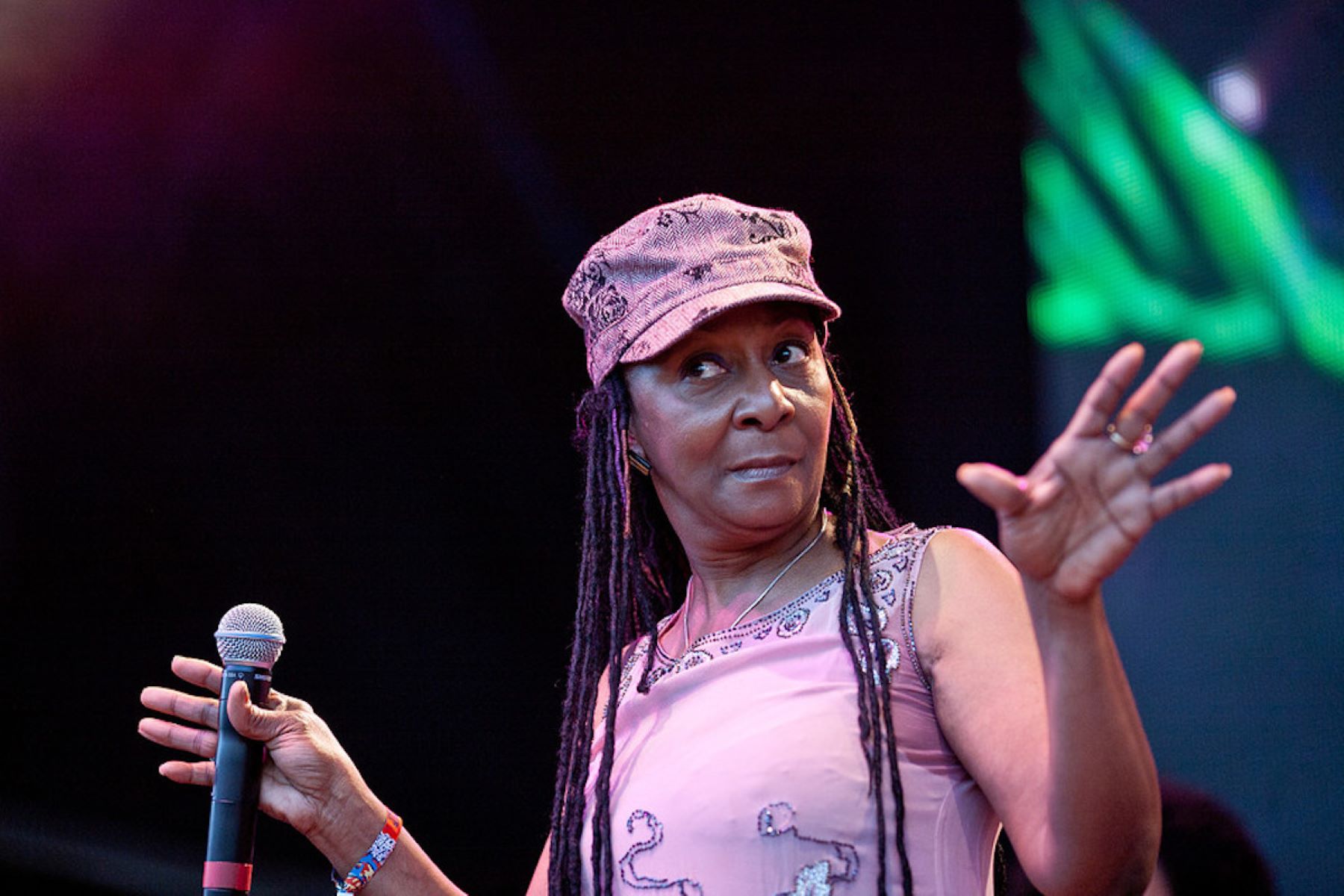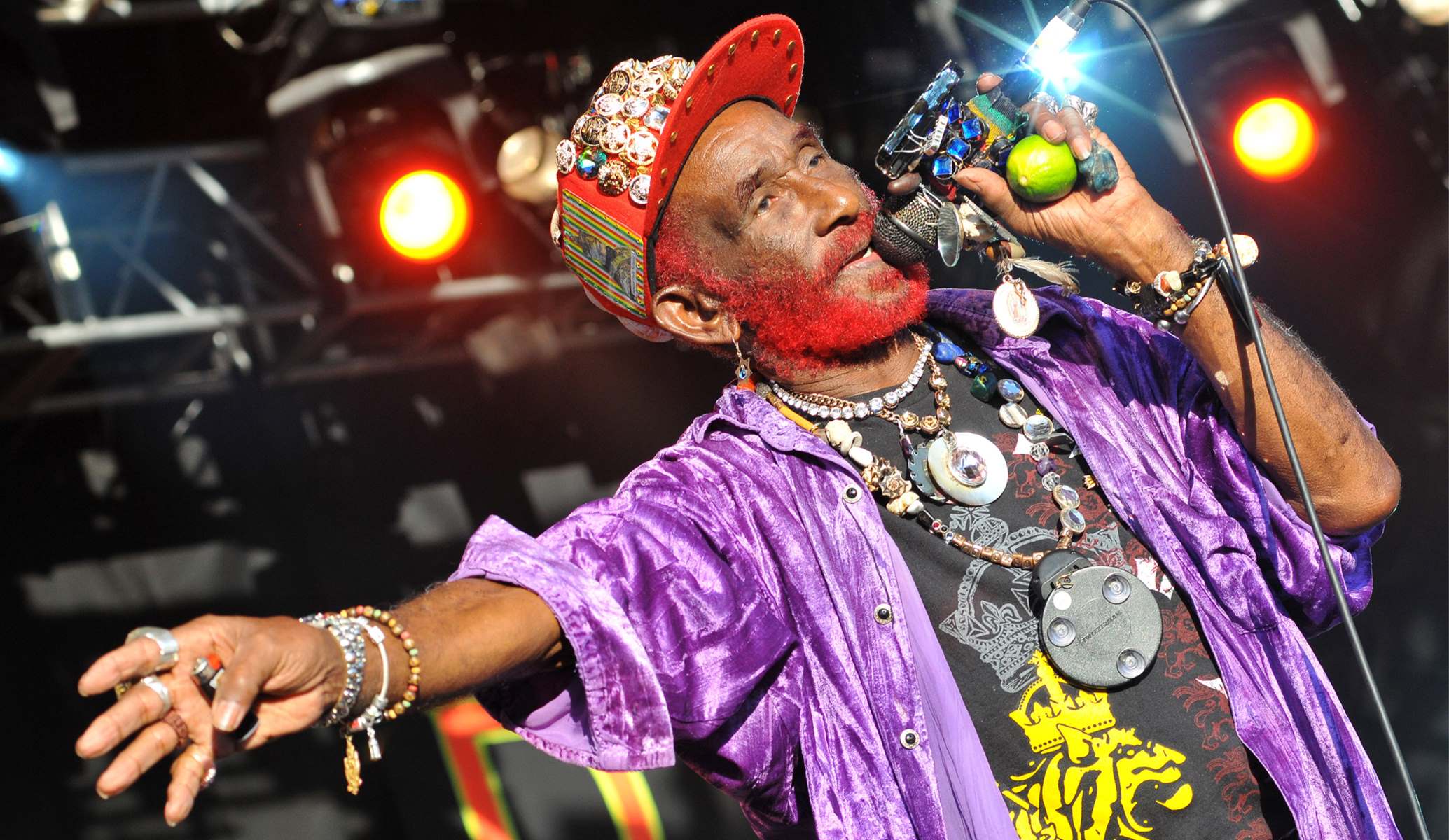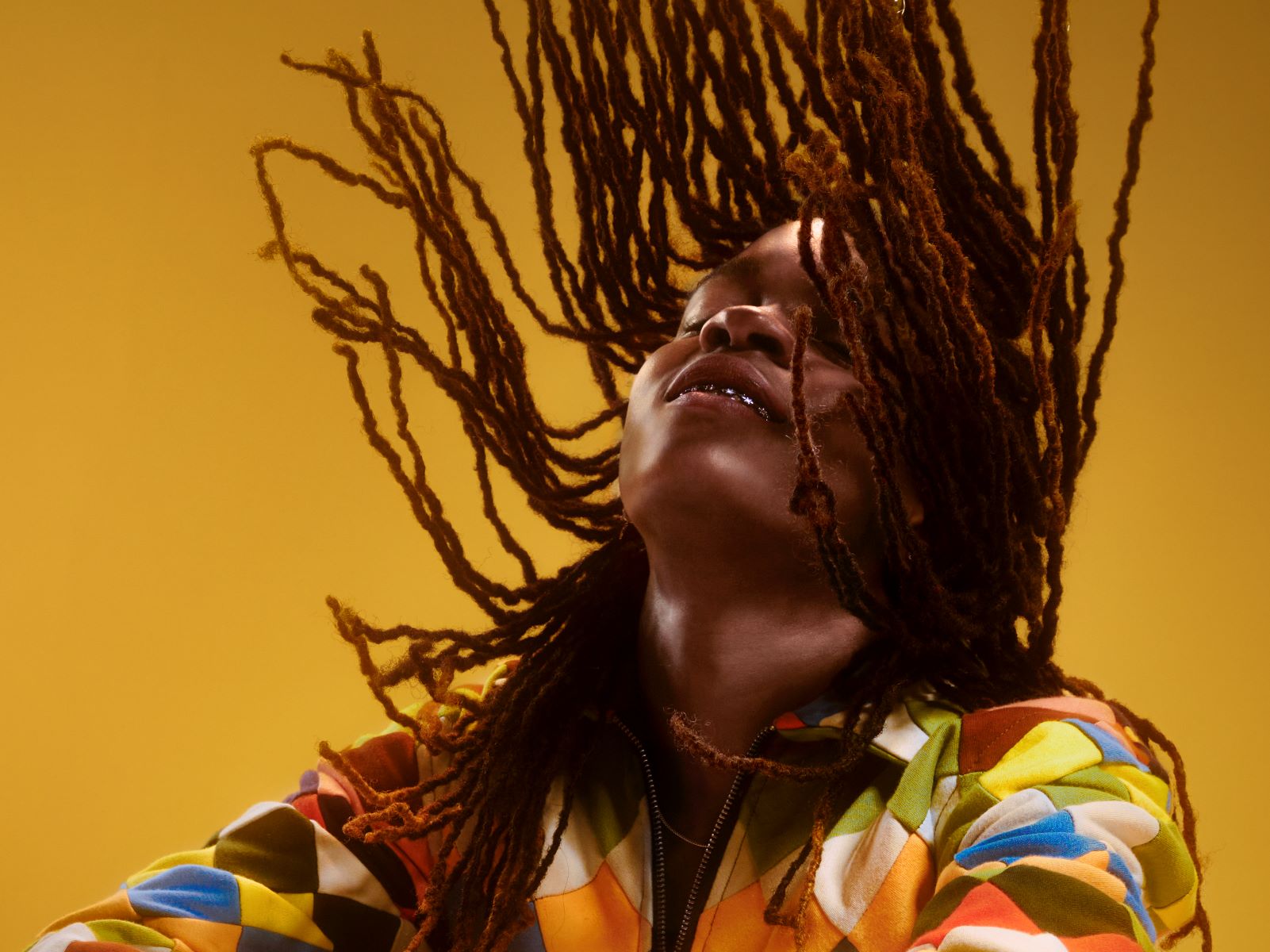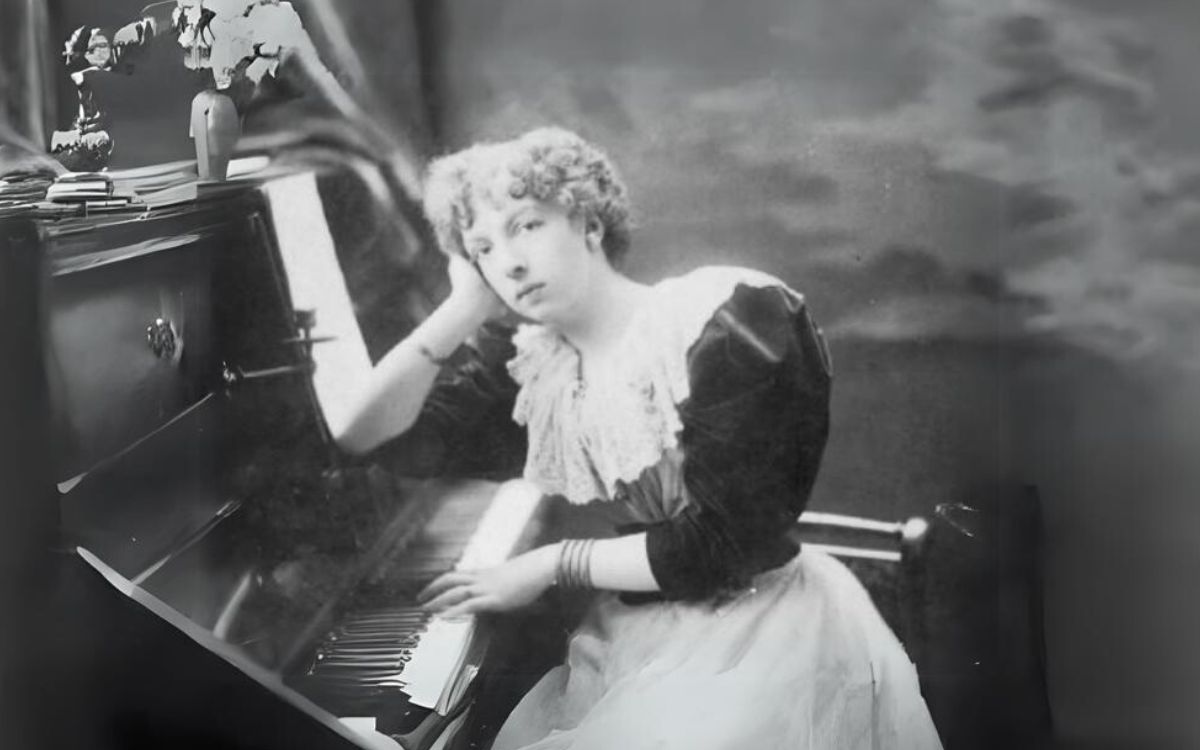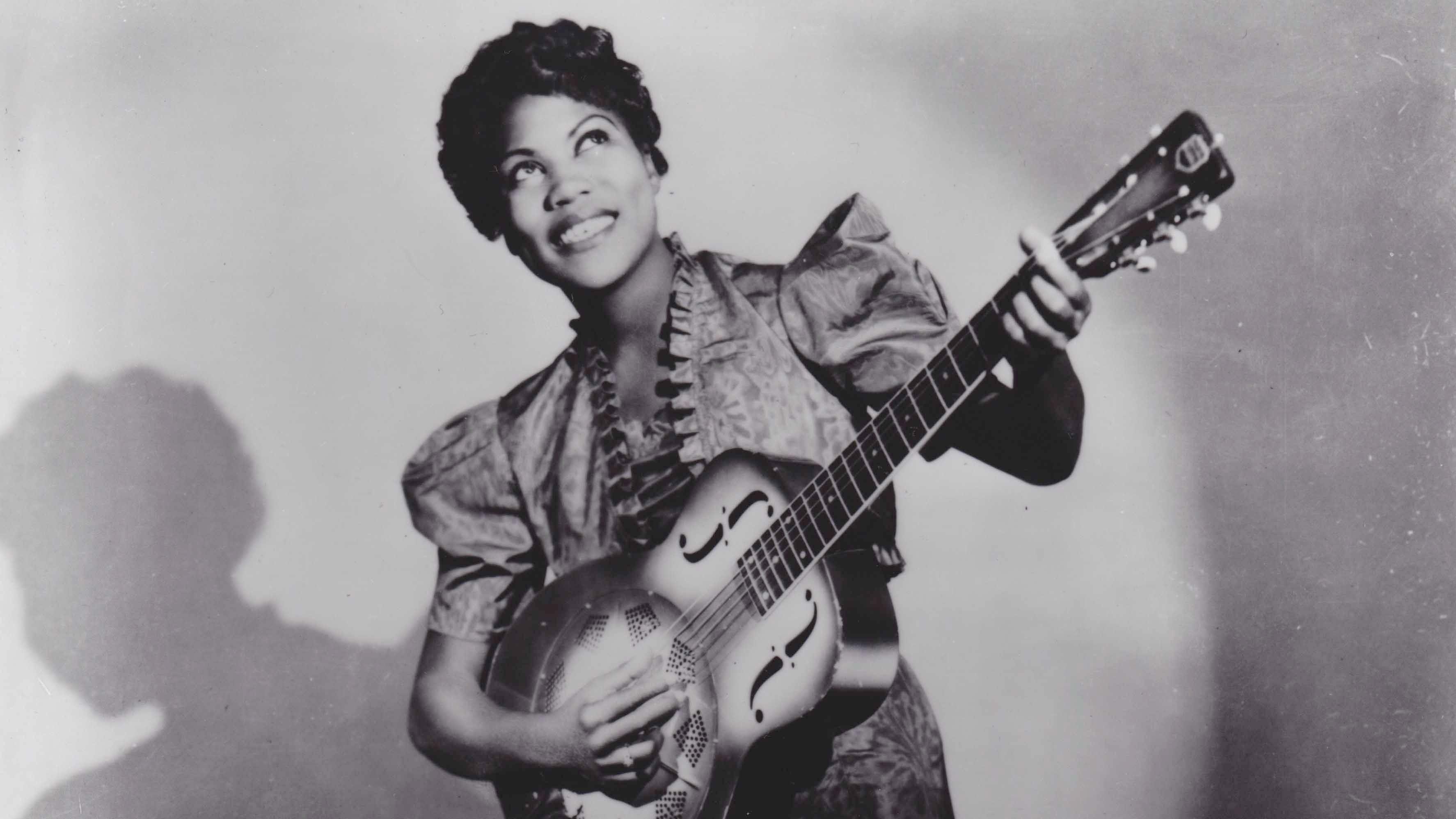Home>Genres>Reggae>Who Is Considered The First Reggae Superstar
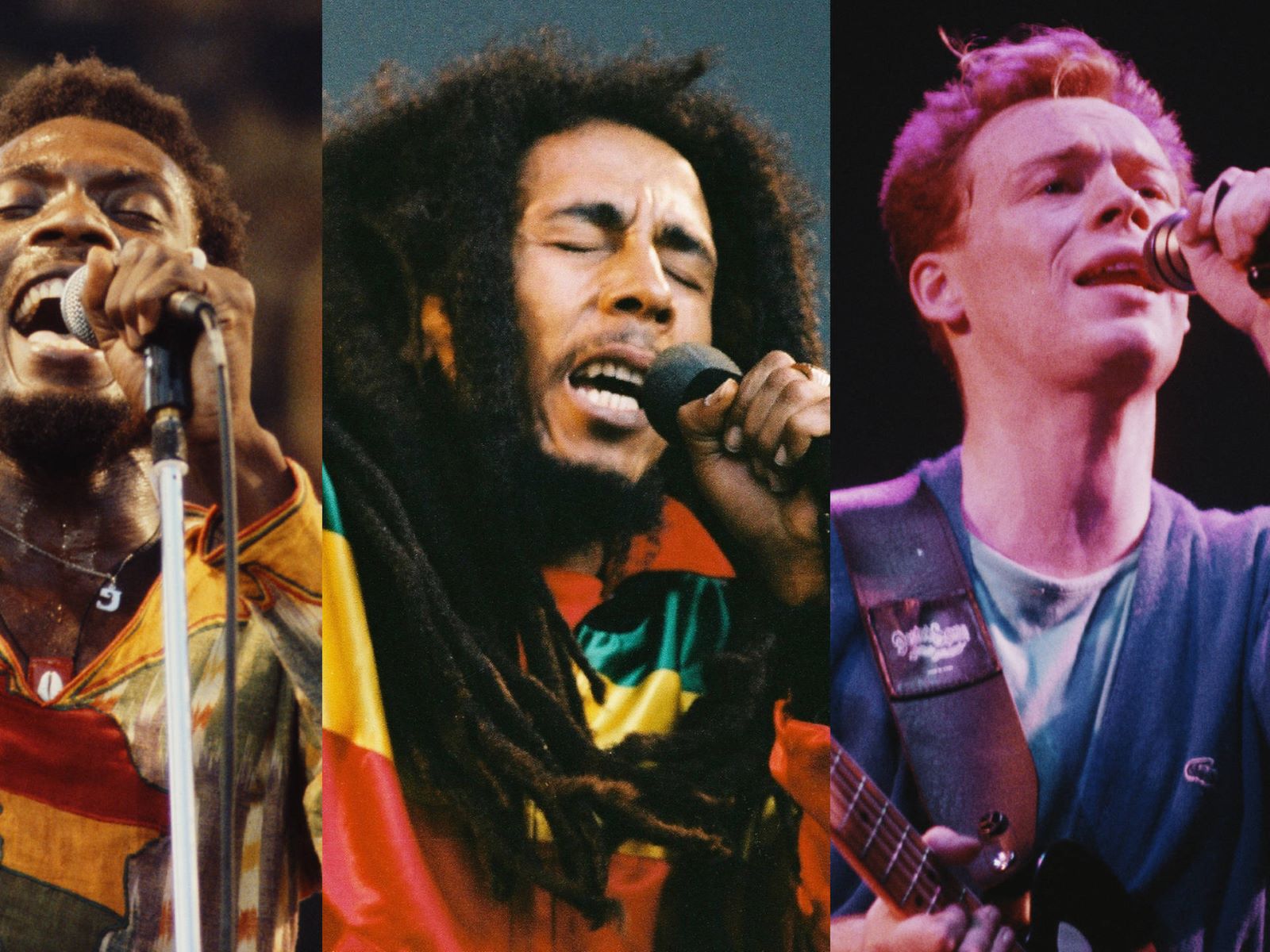

Reggae
Who Is Considered The First Reggae Superstar
Modified: January 22, 2024
Discover who is hailed as the first reggae superstar and explore the rise of this iconic genre through the eyes of its pioneers and legends.
(Many of the links in this article redirect to a specific reviewed product. Your purchase of these products through affiliate links helps to generate commission for AudioLover.com, at no extra cost. Learn more)
Table of Contents
Introduction
Reggae music is a genre that carries a rich history and cultural significance. Originating in Jamaica in the late 1960s, it has evolved into a global phenomenon, captivating audiences with its infectious rhythms, powerful lyrics, and laid-back vibe. In the world of reggae, there are certain artists who have stood the test of time, their names synonymous with the genre itself. These individuals, considered the first reggae superstars, have not only achieved fame and recognition but have also played a pivotal role in shaping the sound and spirit of reggae music.
Reggae music emerged out of the rich cultural melting pot of Jamaica, influenced by a variety of musical styles such as ska, rocksteady, and rhythm and blues. It was born out of the struggles and the aspirations of the Jamaican people, reflecting themes of social justice, protest, love, and spirituality. With its distinctive offbeat rhythm, deep basslines, and melodic guitar riffs, reggae became a voice for the marginalized and a medium of self-expression.
In the early days of reggae, a number of talented Jamaican artists laid the groundwork for what would become a global phenomenon. These pioneers of reggae music, such as Desmond Dekker, Jimmy Cliff, and Toots Hibbert, brought the genre to the international stage, gaining recognition and acclaim for their soul-stirring performances and influential songwriting.
However, it was the emergence of one individual who would come to define reggae music in the eyes of the world. That individual was none other than the legendary Bob Marley.
Bob Marley, with his band The Wailers, took reggae music to new heights, gaining unprecedented popularity and becoming a global music icon. His distinctive voice, powerful lyrics, and charismatic stage presence captured the hearts and minds of people around the world, making him a symbol of peace, love, and unity.
Early Origins of Reggae Music
The origins of reggae music can be traced back to the 1960s in Jamaica, a country that was undergoing significant cultural and social changes. It was during this time that a new sound started to emerge, fusing elements of traditional Jamaican music with influences from American rhythm and blues.
One of the key precursors to reggae was ska, a lively and upbeat genre that dominated the Jamaican music scene in the late 1950s and early 1960s. Ska took inspiration from mento, a traditional Jamaican music style, as well as American jazz and rhythm and blues. With its syncopated guitar and piano rhythms, horn section, and infectious melodies, ska provided the foundation for what would later become reggae.
As the 1960s progressed, a slower and more relaxed style called rocksteady emerged, characterized by its smooth basslines and soulful vocal harmonies. Rocksteady served as a bridge between ska and reggae, providing a precursor to the distinctive sound that would define reggae music.
Reggae music itself took shape in the late 1960s, as artists started experimenting with a slower tempo and a heavier emphasis on the offbeat rhythm. This style of music was popularized by musicians such as The Skatalites, Toots and the Maytals, and The Heptones.
The advent of reggae coincided with a time of political and social upheaval in Jamaica, with the country gaining independence from Britain in 1962. The lyrics of reggae songs often reflected the realities of life in Jamaica, addressing themes of poverty, inequality, and the pursuit of social justice. The music became a powerful tool for the marginalized and disenfranchised, giving voice to their struggles and aspirations.
Reggae’s distinctive sound can be attributed to a number of key factors. The emphasis on the “one drop” rhythm, where the emphasis is placed on the third beat of a measure, creates a sense of pulse and groove that is instantly recognizable. The use of guitar skanks, a technique where the guitar strums on the offbeat, adds to the rhythmic complexity of the music. And of course, the deep basslines and rich harmonies provide the foundation for the melodic and lyrical elements of reggae.
Throughout this period of musical evolution, reggae music was not only being shaped by the artists, but also by the innovative sound engineers and producers in Jamaica. Producers such as Clement “Coxsone” Dodd, Duke Reid, and Lee “Scratch” Perry played a crucial role in shaping the sound of reggae, using techniques such as dubbing, echo, and reverb to create a distinct sonic aesthetic.
Overall, the early origins of reggae music were rooted in the socio-political climate of Jamaica, as well as a fusion of various musical styles. This laid the foundation for the rise of the reggae superstars who would go on to make a lasting impact on the genre.
Rise of Jamaican Music Stars
In the 1960s and 1970s, Jamaica experienced a musical renaissance, with a wave of talented artists rising to prominence and making a lasting impact on the global music scene. These Jamaican music stars not only brought reggae to the forefront but also introduced the world to the rich and vibrant culture of the island nation.
One of the earliest Jamaican music stars was Desmond Dekker, whose 1968 hit “Israelites” brought ska and rocksteady to international attention. Dekker’s catchy melodies and relatable lyrics resonated with audiences across the world, propelling him to stardom and paving the way for future Jamaican artists.
Another influential figure in the rise of Jamaican music stars was Jimmy Cliff. Cliff’s powerful vocals and passionate performances captivated listeners, and his breakthrough role in the film “The Harder They Come” solidified his status as a reggae icon. Songs like “Many Rivers to Cross” and “You Can Get It If You Really Want” became anthems for the struggles and triumphs of the Jamaican people.
Toots Hibbert, frontman of the band Toots and the Maytals, played a crucial role in popularizing reggae. With his soulful voice and energetic stage presence, Toots Hibbert brought a unique blend of reggae, ska, and rocksteady to the world. Classics such as “Pressure Drop” and “54-46 That’s My Number” showcased his immense talent and helped define the sound of reggae music during its formative years.
As the popularity of these Jamaican music stars grew, so did the international recognition of reggae as a genre. The infectious rhythms, heartfelt lyrics, and powerful messages resonated with people from all walks of life, transcending cultural boundaries and uniting audiences through the universal language of music.
In addition to the aforementioned artists, other Jamaican music stars emerged during this era, contributing to the growth and influence of reggae. Artists like Marcia Griffiths, known as the “Queen of Reggae,” and Gregory Isaacs, renowned for his smooth and soulful voice, made significant contributions to the genre, solidifying their places in reggae history.
It’s important to note that the rise of Jamaican music stars was not solely attributed to their musical abilities. These artists often used their songs to shed light on social issues and advocate for change. Their music became a platform for voicing concerns about poverty, discrimination, and political oppression, uniting people and sparking conversations around important topics.
The impact of these Jamaican music stars extended far beyond the music industry. They became cultural ambassadors, embodying the spirit and essence of Jamaica and bringing the country’s vibrant culture and musical heritage to audiences worldwide.
Overall, the rise of Jamaican music stars marked a pivotal moment in music history, establishing reggae as a global phenomenon and paving the way for future generations of artists to continue pushing boundaries and spreading the positive vibrations of Jamaican music to every corner of the world.
The Emergence of Bob Marley
When discussing the first reggae superstars, it is impossible to overlook the profound impact of Bob Marley. Born on February 6, 1945, in Nine Mile, Jamaica, Bob Marley would go on to become not only a music icon but also a symbol of hope, peace, and unity for people around the world.
Bob Marley’s journey into the world of music began in the late 1950s when he formed a vocal trio called The Wailers, alongside Peter Tosh and Bunny Wailer. Initially, The Wailers focused on ska and rocksteady, but it was their transition to reggae in the late 1960s that propelled them to new heights.
Marley’s distinctive voice, coupled with his songwriting ability, allowed him to express profound ideas in a simple and relatable manner. His lyrics often explored themes of spirituality, social justice, and love while addressing the struggles and experiences of the Jamaican people. Songs like “Get Up, Stand Up,” “Redemption Song,” and “No Woman, No Cry” became anthems for the oppressed and downtrodden, resonating with audiences across the globe.
It was not just Marley’s songwriting that captivated audiences, but also his captivating stage presence and magnetic charisma. His performances were energetic and hypnotic, fueled by the passion and conviction with which he delivered his music. Through his performances, Marley became an international sensation, attracting a diverse fan base and spreading the messages of reggae music to all corners of the world.
Bob Marley and The Wailers released several critically acclaimed albums, including “Catch a Fire,” “Burnin’,” and “Exodus,” which solidified their status as reggae superstars and introduced reggae music to a global audience. These albums showcased Marley’s ability to combine insightful lyrics with infectious melodies and powerful rhythms, creating a unique and unforgettable sound.
Marley’s impact extended beyond the realm of music. He was widely regarded as a cultural and political figure, championing causes such as Pan-Africanism and advocating for peace and unity. His involvement in Jamaican politics and willingness to use his platform to bring attention to social injustices made him a revered figure both within Jamaica and on the international stage.
Tragically, Bob Marley’s life was cut short when he succumbed to cancer on May 11, 1981. However, his music and legacy continue to resonate to this day. His timeless songs and powerful messages of love, equality, and freedom remain a source of inspiration for generations of artists and fans alike.
Bob Marley’s emergence as a reggae superstar not only solidified his own place in music history but also elevated reggae music to new heights. His immense talent, unwavering passion, and commitment to spreading positive messages through music have ensured that his influence will endure for generations to come. Bob Marley’s iconic status as the first reggae superstar has forever etched his name in the annals of music history.
Bob Marley’s Impact on Reggae Music
Bob Marley’s impact on reggae music is immeasurable. As one of the most influential figures in the genre’s history, Marley brought reggae to the world stage, popularizing the genre and becoming a global ambassador for Jamaican culture. His contributions to reggae music extend far beyond his exceptional talent as a singer-songwriter, leaving an indelible mark on both the music industry and society as a whole.
One of the key aspects of Marley’s impact on reggae was his ability to transcend cultural boundaries. His music resonated with people from all walks of life, regardless of their background or nationality. Through his universal messages of love, unity, and social justice, Marley fostered a sense of global solidarity and collective consciousness.
Marley’s albums, such as “Natty Dread,” “Babylon by Bus,” and “Uprising,” showcased his exceptional songwriting skills and iconic voice. His lyrics were an amalgamation of profound spiritual insight and poignant social commentary. Through his songs, Marley spoke directly to the struggles and aspirations of the Jamaican people and touched upon universal themes that resonated with listeners worldwide.
Moreover, Marley’s music played a pivotal role in bringing attention to the socio-political issues faced by not only Jamaica but also marginalized communities around the world. Songs like “Get Up, Stand Up” and “War” became anthems for activism and resistance, inspiring generations to challenge social injustices and fight for equality.
Marley’s impact can also be seen in the development and evolution of reggae music itself. His fusion of reggae with elements of ska, rocksteady, and various other genres created a distinct sound that has since become synonymous with the genre. Marley’s work paved the way for future reggae artists to experiment and push the boundaries of the genre, ensuring its continual growth and relevance.
Furthermore, Bob Marley’s influence extended beyond the music industry. He was widely recognized as a cultural icon and a symbol of peace and unity. Marley’s Rastafarian faith and his unwavering commitment to his principles made him a revered figure among his fans and followers. His distinctive image, with his trademark dreadlocks and vibrant stage presence, became iconic and instantly recognizable.
Even after his untimely death, Bob Marley’s music continues to inspire and resonate with audiences worldwide. His timeless hits, including “One Love,” “Three Little Birds,” and “Is This Love,” have become classics, beloved by listeners of all generations. His legacy lives on not only through his music but also through the enduring impact he left on the hearts and minds of people around the world.
In summary, Bob Marley’s impact on reggae music cannot be overstated. His ability to craft powerful songs that resonated with people on a profound level, along with his unwavering commitment to spreading messages of love, unity, and social justice, solidified his legacy as a pioneer and trailblazer in the reggae genre. His influence transcends his music, making him an enduring symbol of reggae music and a beacon of hope for generations to come.
Other Influential Reggae Artists
While Bob Marley is undoubtedly the most recognizable name in reggae music, there are numerous other influential artists who have made significant contributions to the genre. These artists have left an indelible mark on reggae and continue to inspire and shape its evolution. Here are just a few of the notable figures:
- Peter Tosh: As a member of The Wailers alongside Bob Marley, Peter Tosh played a vital role in popularizing reggae music. Known for his strong social and political messages, Tosh’s solo career produced hits like “Legalize It” and “Equal Rights,” establishing him as a force to be reckoned with in reggae music.
- Bunny Wailer: Another original member of The Wailers, Bunny Wailer’s contributions to reggae cannot be overlooked. With his soulful voice and spiritual lyrics, Wailer forged his own path after leaving the band, producing influential albums such as “Blackheart Man” and becoming an embodiment of the roots reggae movement.
- Jimmy Cliff: While not strictly a reggae artist, Jimmy Cliff holds tremendous significance in the genre’s history. With his breakthrough role in the film “The Harder They Come” and hits like “Many Rivers to Cross” and “You Can Get It If You Really Want,” Cliff helped introduce reggae to a global audience and played a pivotal role in its international recognition.
- Burning Spear: Winston Rodney, better known as Burning Spear, is widely regarded as one of reggae’s greatest voices. His soulful and distinctive vocals, coupled with powerful social commentary, made songs like “Marcus Garvey” and “Slavery Days” anthems for the black consciousness movement and established him as a reggae icon.
- Third World: Third World emerged in the 1970s and brought a fusion of reggae, funk, and soul to the Jamaican music scene. With their infectious grooves and uplifting messages, Third World has delivered hits such as “Now That We’ve Found Love” and “Try Jah Love,” gaining both commercial success and critical acclaim.
These are just a handful of the influential reggae artists who have contributed to the genre’s development. Others, such as Dennis Brown, Gregory Isaacs, and Toots Hibbert, also played vital roles in shaping reggae music and continue to be celebrated for their immense talent and contributions.
It is important to recognize and appreciate the immense impact that these artists have had on the growth and evolution of reggae music. Their artistry, activism, and ability to connect with audiences on a deep level have ensured that reggae remains a vibrant and influential genre that resonates with people around the world.
As reggae continues to evolve and reach new audiences, these influential artists serve as a constant reminder of the genre’s rich history and its ability to unite people through the power of music.
Conclusion
Reggae music holds a special place in the hearts of millions, captivating and inspiring listeners with its infectious rhythms, powerful lyrics, and uplifting spirit. The rise of the first reggae superstars paved the way for this genre to flourish on a global scale, with artists like Bob Marley, Peter Tosh, Bunny Wailer, and Jimmy Cliff leading the way.
Bob Marley, in particular, emerged as a cultural icon and an ambassador for reggae and Jamaican culture. His impact on reggae music cannot be overstated, as his soul-stirring performances, powerful messages of love and unity, and unwavering commitment to social justice resonated with people across the globe.
However, it is crucial to acknowledge that Marley’s success was not achieved in isolation. The reggae movement was propelled forward by the contributions of numerous influential artists. Peter Tosh, Bunny Wailer, Jimmy Cliff, Burning Spear, Third World, and many others each brought their unique styles and perspectives to the genre, shaping reggae into what it is today.
Reggae music continues to evolve, with new artists exploring and pushing the boundaries of the genre. The legacy of the first reggae superstars serves as a beacon of inspiration and guidance for these musicians, reminding them to stay true to the authentic spirit of reggae while adapting it to contemporary times.
As we reflect on the impact of these reggae pioneers, we can’t help but acknowledge the profound influence they have had, not only on the music industry but also on society as a whole. Their music has transcended borders, cultures, and generations, spreading messages of love, unity, and social consciousness.
Reggae music remains a powerful force for change and a vehicle for expression, providing solace, strength, and inspiration to listeners in all corners of the world. The first reggae superstars laid the foundation for this genre’s success, and their contributions will always be celebrated and revered.
As time goes on, new reggae superstars will continue to emerge, carrying the torch and spreading the positive vibrations of reggae to new audiences. One thing is certain – the spirit of reggae music will live on, connecting people and fostering a sense of unity and hope for generations to come.

